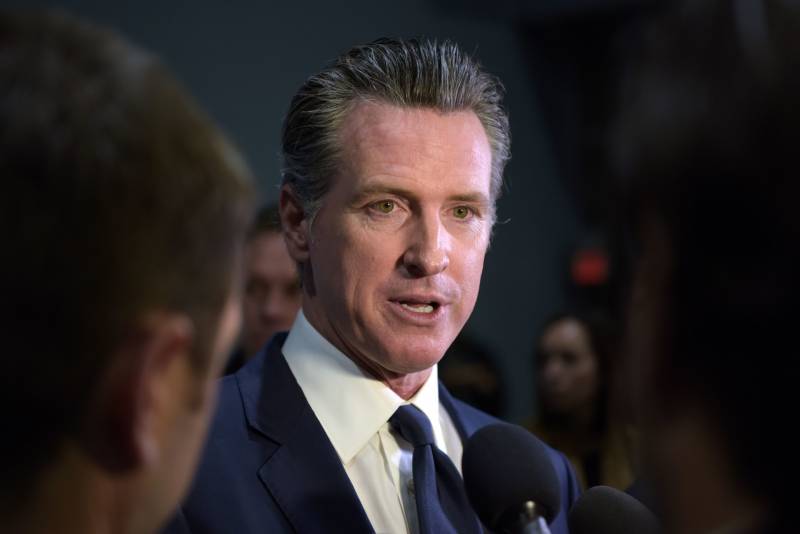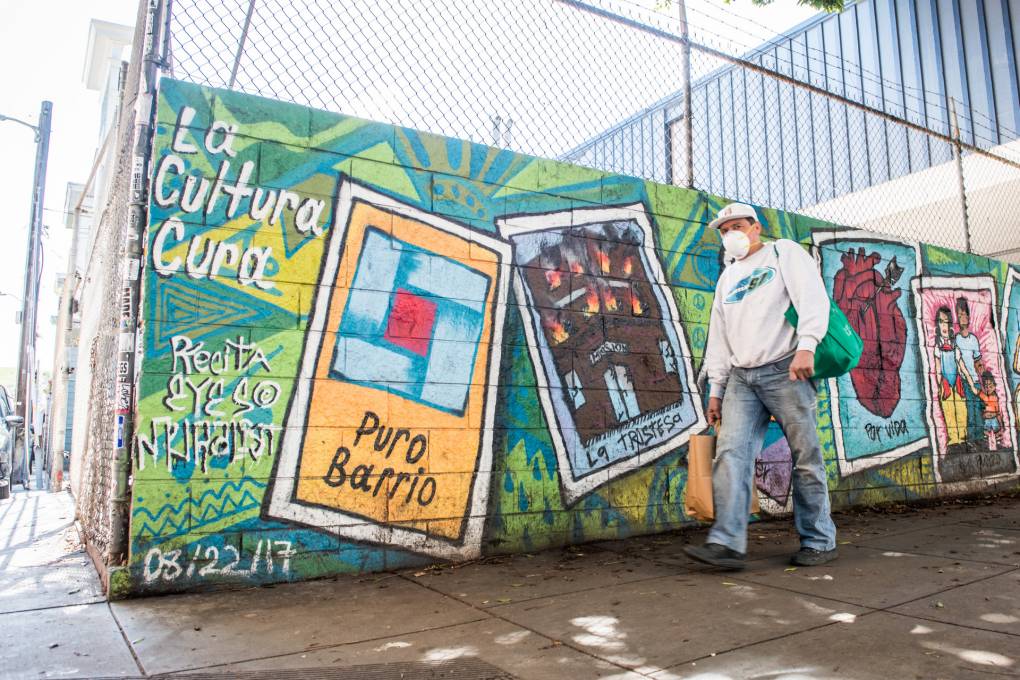In April, Gov. Gavin Newsom announced California would offer $500 to undocumented adults who’ve lost money because of COVID-19. It was a way to help out those who don’t qualify for federal relief, many of whom are essential workers.
“We feel a deep sense of gratitude for people that are in fear of deportation, but are still addressing the essential needs of tens of millions of Californians,” Newsom said during one of his regular briefings on the coronavirus pandemic.
But time to apply for California’s Disaster Relief Assistance for Immigrants (DRAI) program is running out. Applications must be complete by June 30, and advocates are worried that a bureaucratic process is preventing many from accessing the help.


